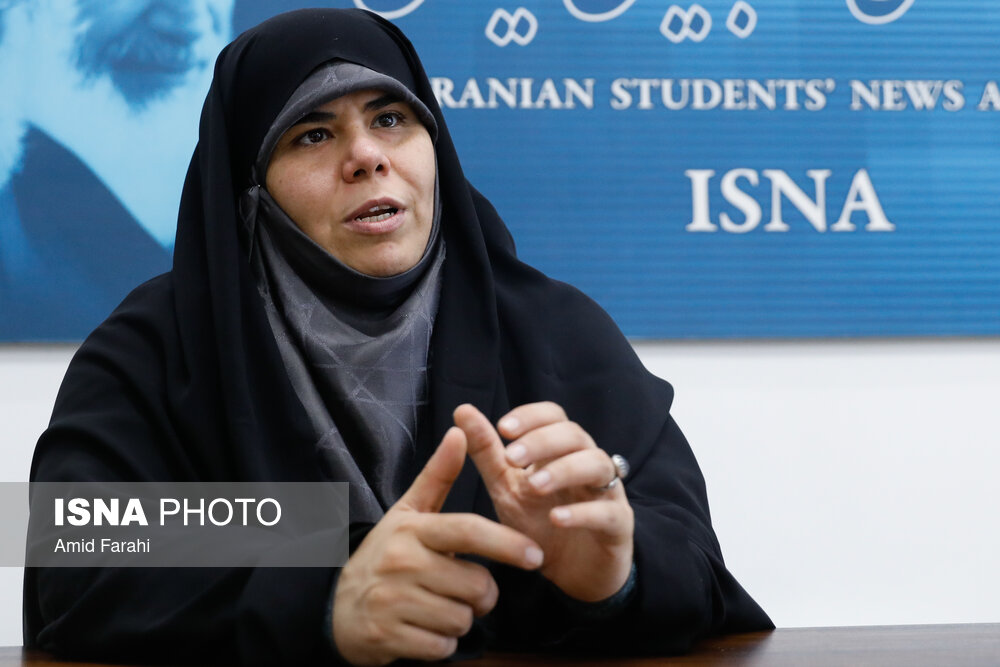
The head of the Women and Family faction in the Islamic Council gave a brief presentation of what he witnessed during this period regarding the approval of the draft law on preventing injuries and enhancing women’s security.
According to the informants, Fatemeh Ghasimpour wrote in an article on her personal Twitter page:
“The general aspects of the Women’s Security Enhancement Bill have been approved; a bill that has been scrutinized and revised for months in Parliament’s Social Committee interacting with the elite community and experts. It is not without grace that we tell a short story of what we experienced during this time:
When I entered parliament, the government had not yet sent the bill. Given the importance of the topic, we have initiated expert meetings to review the version sent from the judiciary to the government. In addition, I had time to write several letters with the Women’s Affairs Agent, to expedite the dispatch of the invoice and to provide us with supporting documentation. The Bill reached Parliament with repeated follow-ups, and its urgency was approved and the Social Committee commissioned to review it. The authority formed a specialized committee for the draft law, and in cooperation with the research center, a working group from the center was attached to this committee.
In this working group, several meetings were held with designers, jurisprudence, legal and judicial, social, labor, women’s studies, and executive bodies. As a result of the investigations, we have tried to promote a problem-solving approach in the prevention, protection and criminality sectors. With the strengthening of the restorative justice approach, by defining the window system for the server, a functional link between devices is created and the possibility of monitoring and monitoring the performance of departments is increased. This bill seriously focuses on preventive measures such as education, public awareness, information, skills development, urban fabric modification, and so on.
In criminal circles, in cases where there is a legal gap or existing laws do not have the necessary deterrent, design and modification have been made. For example, coercion in marriage, incest, offering illicit relations to women, especially in the workplace, and so on.
In the hardware performance section, we have tried to obtain an accurate measurement of capacity by cooperating and interacting with the responsible hardware, and accordingly this section will be modified. After serious changes in the parts and clauses of the bill, the final version was approved in the committee and then entered the committee.
During revision sessions in the body, the bill was approved in December 1401, and finally on 20 April 1402 it was placed on the agenda of the open court and its generals were approved.
I sincerely thank all of my colleagues who voted positively for this bill.”
the end of the letter










